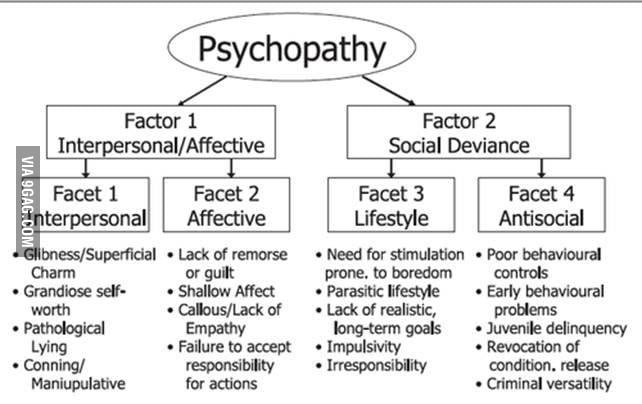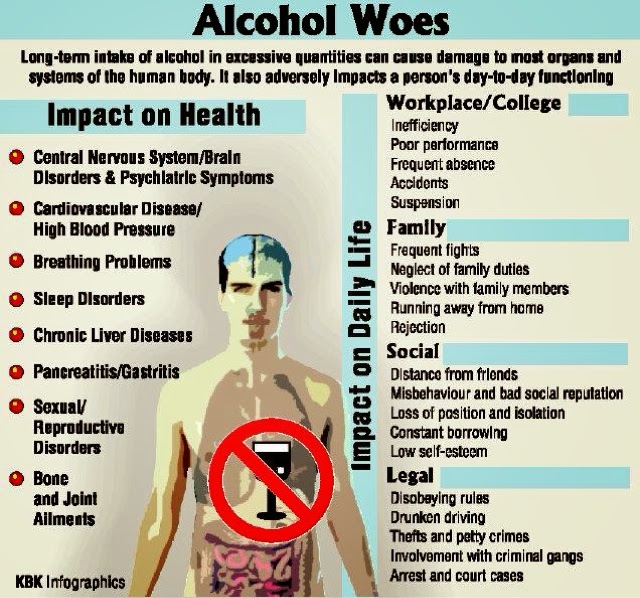Definition of narcissistic psychopath
The Narcissistic Psychopath: Are Narcissists Psychopaths?
Natasha Tracy
A narcissist is a person who has narcissistic personality disorder as defined in the Diagnostic and Statistical Manual of Mental Disorders (DSM) whereas a psychopath (definition of psychopath) is a different diagnosis entirely and is usually judged based on the 20-item Hare Psychopathy Checklist (Does A Psychopath Test Exist). However, psychopaths are known narcissists, so are narcissists psychopaths as well?
What Is a Narcissist?
Narcissists suffer from narcissistic personality disorder and it is defined in the fifth edition of the DSM (DMS-5). Narcissists are characterized by a pervasive pattern of grandiosity (either in fantasy or in behavior), a constant need for admiration and a lack of empathy. Narcissism must be present by early adulthood and present itself in various context. Five of the following nine criteria must be met for a diagnosis of narcissistic personality disorder:
- A grandiose sense of self-importance
- A preoccupation with fantasies of unlimited success, power, brilliance, beauty, or ideal love
- A belief that he or she is special and unique and can only be understood by, or should associate with, other special or high-status people or institutions
- A need for excessive admiration
- A sense of entitlement
- Interpersonally exploitive behavior
- A lack of empathy
- Envy of others or a belief that others are envious of him or her
- A demonstration of arrogant and haughty behaviors or attitudes
What Is a Psychopath Compared to a Narcissist?
According to the Society for the Scientific Study of Psychopathy, narcissism is an interpersonal symptom of psychopathy. Indeed, symptoms of narcissism like grandiosity, exploitive behavior and a lack of empathy are common in psychopaths. A psychopath could, and likely would, easily fit the diagnosis for narcissistic personality disorder as well, therefore, psychopaths are narcissists. (Relationship Between Psychopathy and Personality Disorders)
Are Narcissists Psychopaths?
However, just because there is some crossover and a person fits the criteria for narcissistic personality disorder does not mean that he or she is also a psychopath. In order to be considered a psychopath, many other psychopathic symptoms such as a lack of attachment to others, superficial charm, dishonesty, manipulativeness and reckless risk-taking come into play. Certainly, psychopathic narcissists exist, but they are not the norm.
article references
APA Reference
Tracy, N. (2021, December 17). The Narcissistic Psychopath: Are Narcissists Psychopaths?, HealthyPlace. Retrieved on 2022, December 24 from https://www.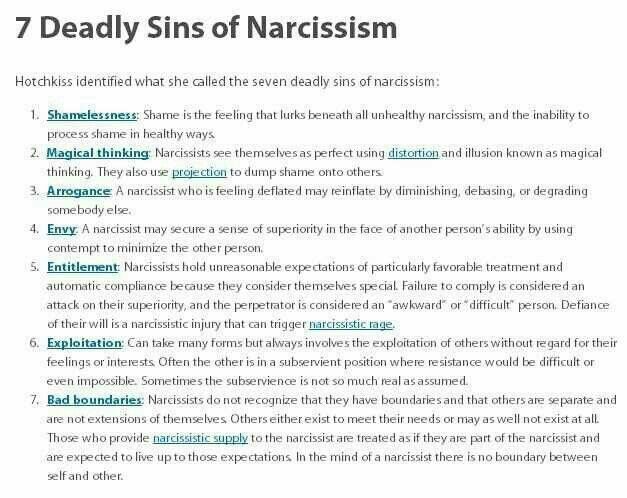 healthyplace.com/personality-disorders/psychopath/the-narcissistic-psychopath-are-narcissists-psychopaths
healthyplace.com/personality-disorders/psychopath/the-narcissistic-psychopath-are-narcissists-psychopaths
Last Updated: January 28, 2022
Medically reviewed by Harry Croft, MD
More Info
The Prodigy as Narcissistic Injury
Do Sociopaths Cry or Even Have Feelings?
How To Identify and Recognize Psychopathic Behavior
Borderline Personality Disorder
Narcissist Chemical Imbalances Excerpts Part 3
Traumas as Social Interactions
Narcissistic Confinement
How to Identify Narcissistic Psychopaths
5 minutes
The narcissistic psychopath is a figure that's born from the two personality disorders that give it its name. Here, we tell you what you need to know to identify them.
Last update: 06 June, 2022
Selfish, manipulative people, without remorse and with an excessive ego. In other words, toxic people. In popular language, these individuals are called narcissistic psychopaths and it’s extremely likely that you’ve come across some of them.
In other words, toxic people. In popular language, these individuals are called narcissistic psychopaths and it’s extremely likely that you’ve come across some of them.
Although this profile isn’t listed as a disorder in the DSM-5, it does share features with two conditions: narcissistic personality disorder and antisocial personality disorder. These characteristics result in a profile well worth keeping away from.
In this article, you’ll find useful information for recognizing a narcissistic psychopath. This is something that’s not always easy, because these people are full of lies and charm, at least until they get what they want (or someone prevents them from doing so). Let’s take a look.
Narcissists and psychopaths, what characterizes them?
To know what narcissistic psychopaths are like, the first thing is to understand the two disorders after which they’re named. Here’s a brief summary of both:
- Narcissistic personality disorder.
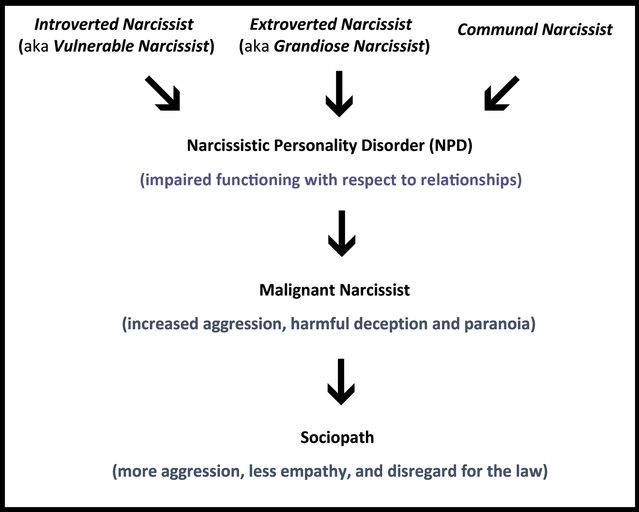 Sufferers are characterized by strong personality traits, such as an inordinate sense of self-importance, great insecurity, and a lack of empathy. They’re people who tend to have conflicting relationships and a deep and excessive need for attention and admiration.
Sufferers are characterized by strong personality traits, such as an inordinate sense of self-importance, great insecurity, and a lack of empathy. They’re people who tend to have conflicting relationships and a deep and excessive need for attention and admiration. - Psychopathic Personality. The most distinctive trait of psychopaths is a lack of empathy. They’re people who are manipulative, feel no remorse, and don’t establish real emotional bonds.
From these two disorders is born what’s known as the narcissistic psychopath, a personality that’s not yet classified as pathological, but is extremely dysfunctional. In the next section, we list the most distinctive features of these people.
Narcissistic psychopaths often use lies and deceit to manipulate others and get what they want from them.The traits of narcissistic psychopaths
Narcissistic psychopaths usually show a series of behaviors typical of narcissistic and also antisocial disorder.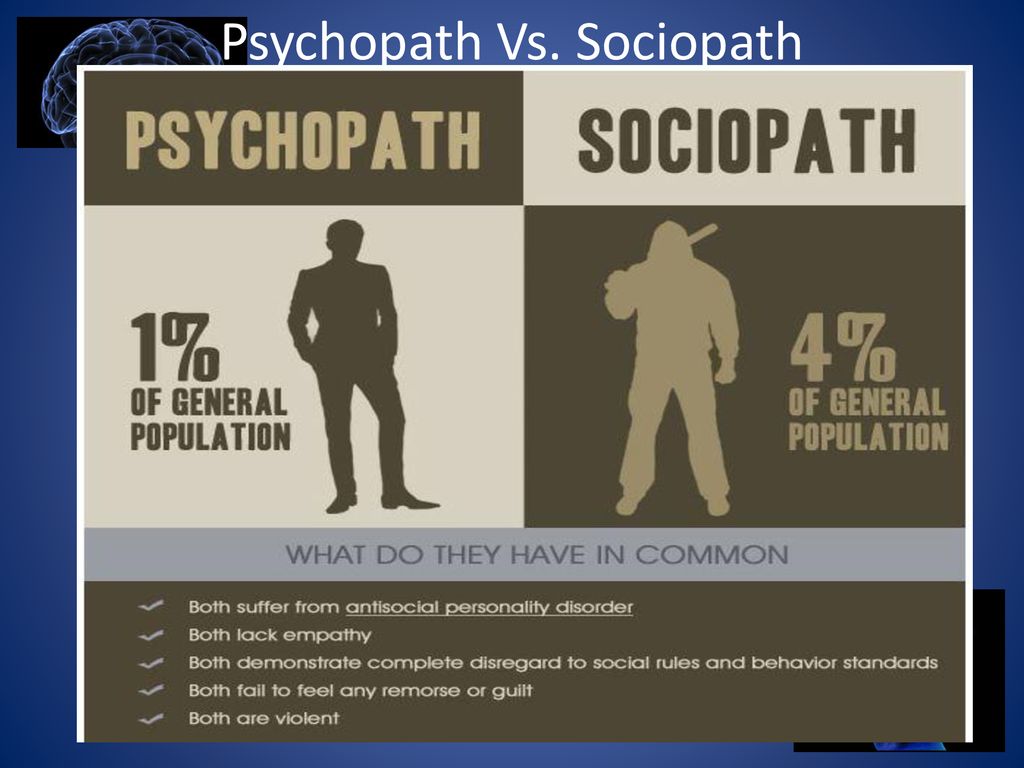 Therefore, they’ll exhibit several of the following traits.
Therefore, they’ll exhibit several of the following traits.
1. They don’t meet social norms
Whether provocatively or covertly, narcissistic psychopaths tend to bend the rules to their advantage. They continue with this non-compliance and weave a rescue net around themselves. This usually involves blaming someone else, gaslighting, or lying.
2. They lie and cheat
Lying is a daily part of their lives. Having low levels of empathy and remorse, they don’t usually have any scruples in deceiving others to achieve their own ends. In fact, their lies are often so elaborate and detailed that it’s really difficult to unravel them.
3. Inordinate sense of their own worth
Their need to feel admired is usually born from an oversized sense of worth. They feel superior to the rest and try to configure their environment so that reality and their ego coincide. Hence the social mask, the false self-confidence, and not assuming their mistakes and responsibilities.
4. Lack of empathy
This lack is common to both the psychopath and the narcissist. Their affectivity is cold and distant, and although they might make an effort to appear friendly and charming, at some point their inability to put themselves in the other’s place is revealed.
5. Cruelty and violation of boundaries
The abuse, usually emotional, that narcissistic psychopaths exert on the people around them generally responds to two main reasons: utilitarianism and the preservation of the excessive and fragile self-esteem they possess. Consequently, if they can get something from others by making them feel bad, they’ll have no problem doing so.
6. They don’t tolerate criticism
It’s not that it’s difficult for them to digest or that they avoid it, but that they can’t tolerate it at all. Indeed, any comment, even if it’s constructive, that’s detrimental to their image will be received with lies, manipulation, or violence.
7. They attack others’ self-esteem
As we mentioned earlier, they can easily become cruel.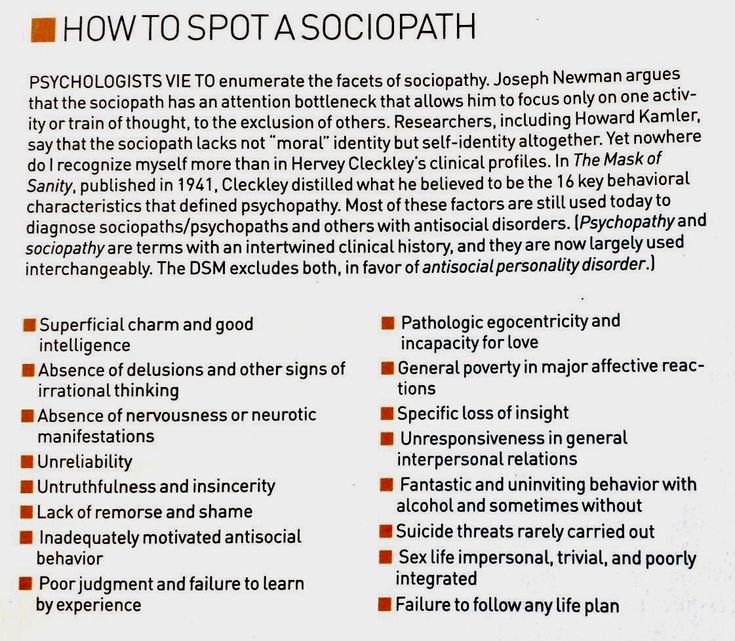 However, this isn’t always their first choice when dealing with others. The best way to use someone is to destroy their self-esteem. In that way, it’s much easier to make them think that they’ve given in to the demands of the narcissistic psychopath of their own free will.
However, this isn’t always their first choice when dealing with others. The best way to use someone is to destroy their self-esteem. In that way, it’s much easier to make them think that they’ve given in to the demands of the narcissistic psychopath of their own free will.
8. They’re promiscuous in their relationships
As they see others as a means to achieve their own ends and satisfy their desires, it’s common for them to have relationships with several people at the same time. While this fact isn’t necessarily reprehensible, the way in which they use people they have relationships with is certainly unacceptable.
9. False beliefs
To maintain an image so exaggeratedly high and, at the same time, so fragile, the narcissistic psychopath feeds distorted thoughts of themselves and others. They’re usually oriented toward devaluing others and extolling their own attributes.
Narcissistic psychopaths think they’re better than other people and despise others.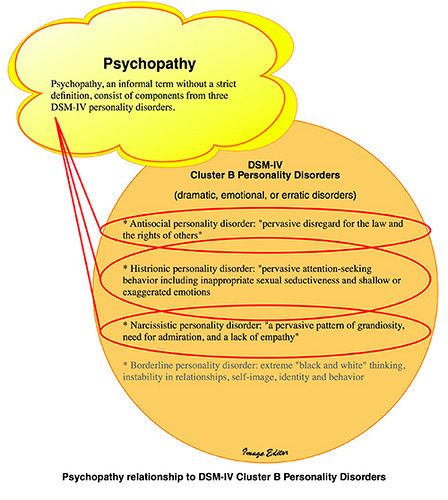
10. Need for attention
They’re usually the center of attention and strive to create social groups that revolve around them. If someone threatens this protagonism, they wage a campaign against them.
11. Some are impulsive
Although it depends on the specific profile of the individual, it’s been observed that some narcissistic psychopaths are impulsive when making decisions. They’re individuals who feel such discomfort when something threatens their self-esteem or their network of human ‘tools’ that they impulsively overreact.
Bear in mind that the term ‘narcissistic psychopath’ is only present in popular culture. If you suspect that someone in your environment fits this profile, it’s best to stay away from them. You may also need professional help to deal with the emotional havoc they create, so don’t hesitate in seeking it out.
It might interest you...90,000 Psychopaths, sociopaths, narcissists - what's the difference?Narcissists and Psychopaths
First and foremost, every psychopath has narcissistic traits, but not every narcissist is a psychopath.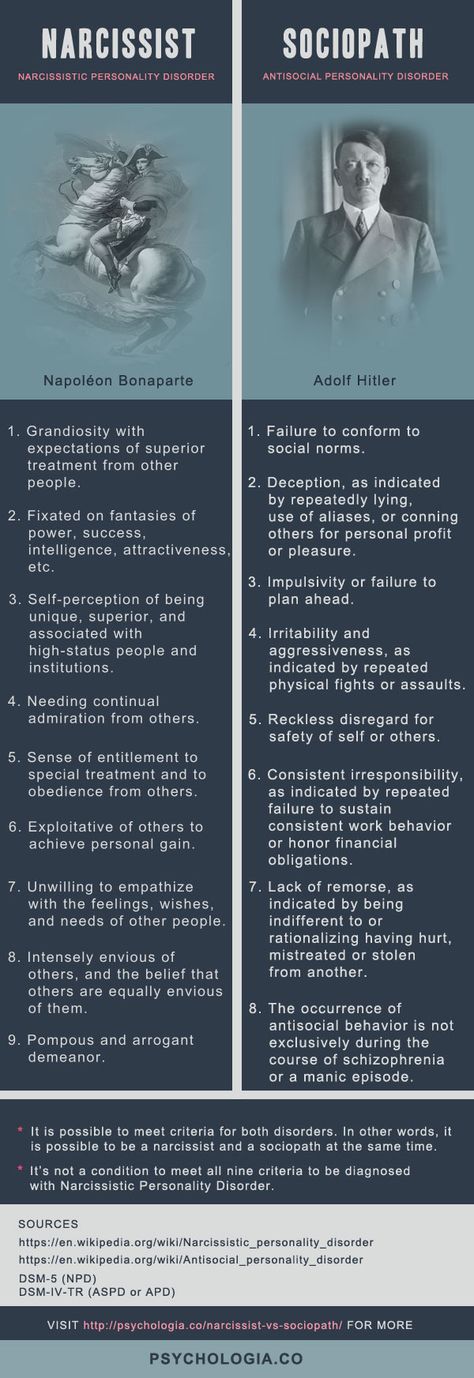 Many have narcissistic traits, but those diagnosed with narcissistic personality disorder are characterized by a lack of empathy and a sense of their own grandiosity. And such people urgently need admiration from others.
Many have narcissistic traits, but those diagnosed with narcissistic personality disorder are characterized by a lack of empathy and a sense of their own grandiosity. And such people urgently need admiration from others.
Self-esteem of narcissists is lame: deep down they feel vulnerable, and therefore it is so important for them that the people around them were also insecure. Pulling the rest off the pedestal and rising against their background is their defensive tactic. When narcissists do something really bad, they wake up with faint echoes of shame and guilt, while the source of their shame is the opinion of others about them, the possibility of condemnation on their part. nine0005
And this is their serious difference from psychopaths - they do not happen to experience remorse. They don't care if anyone gets hurt, they don't care about the consequences of their own actions.
In addition, these people completely lack the ability to empathize, but they brilliantly manipulate others (and often seem very charming at the same time), use them to their advantage. Cunning is their middle name.
Cunning is their middle name.
Psychopaths and sociopaths
Psychopaths and sociopaths have much in common - both are diagnosed with antisocial personality disorder. The key difference is that psychopaths are born, but sociopaths are made. The latter are at risk of becoming children from dysfunctional families and those who grew up in a criminogenic environment. They may not be as comfortable breaking the law and going against the rules as psychopaths, but they have lived in such an environment for too long and have begun to take these rules of the game for granted. nine0005
A psychopath builds a relationship by using the other solely for his own purposes - financial, sexual or any other. A sociopath, on the other hand, can form quite close ties, however, even in such relationships, he will behave coldly and aloofly. Sociopaths are more impulsive, it is easier to provoke a lively reaction in them.
Psychopaths are more cold-blooded and prudent, their nervous system generally reacts to stimuli differently than ours: for example, when we are frightened, our heart begins to beat furiously, the pupils dilate, sweat flows in a stream; we are preparing for a fight-or-flight response. You won't even notice that a psychopath is scared. His brain functions differently, and it is still unknown what is more influenced here - genetics or environment. nine0005
You won't even notice that a psychopath is scared. His brain functions differently, and it is still unknown what is more influenced here - genetics or environment. nine0005
Most of us tend to avoid things that make us nervous. Psychopaths don't get nervous at all and so they just keep doing what they want. By the way, it is likely that the desire to feel at least something, at least some echo of the arousal characteristic of other people, makes them try their hand at dangerous activities - including extreme sports and activities on the verge of the criminal code and common sense. meaning.
Why is it important for us to understand the difference between narcissists, psychopaths and sociopaths? First of all, in order not to treat everyone with the same brush, not to stick the same labels on different people. But, perhaps, it is much more important to learn to notice the signs described above in the people around you - firstly, in order to gently push them to seek professional help, and secondly, in order to be vigilant yourself and not suffer. nine0005
nine0005
What is narcissistic personality disorder, how is it recognized and can it be corrected
The label "narcissist" is often used to refer to people who seem overconfident, spend a lot of time talking about themselves, their success and career. However, this feature is much more complicated than it seems. A sense of confidence, a desire to share our achievements, and a desire for praise are quite adequate traits inherent in many of us. But sometimes it develops into a manic obsession with oneself or narcissism, which greatly interfere with establishing social connections, building a career and maintaining healthy relationships with loved ones. Zaborona journalist Polina Vernigor figured out when to sound the alarm, how to identify narcissistic personality disorder, and how to deal with narcissists. nine0028
What is narcissism?
This is a feature of the psyche, in which a person considers himself better than others, as well as generally unique and unsurpassed.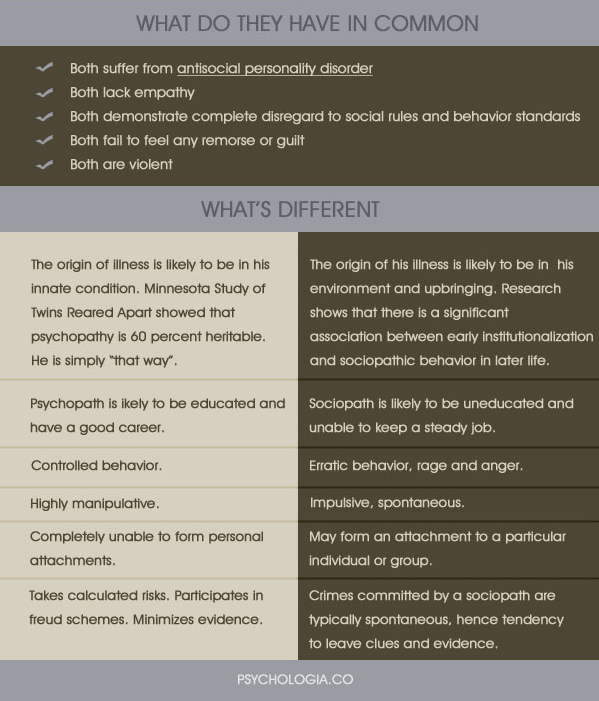 It's about craving gratitude or admiration, wanting to be the center of attention, and expecting special treatment.
It's about craving gratitude or admiration, wanting to be the center of attention, and expecting special treatment.
The Narcissistic Personality Inventory (NPI), developed in 1979, is the most common way to measure this trait. The scores range from 0 to 40. Healthy people who score just over half of the scores may seem very attractive, especially during the first meeting, but end up coming off as arrogant. Such people may have uncomfortable or stressful personal relationships, but at the same time they remain fundamentally healthy personalities. nine0005
- Honoré Daumier The Belle Narcissus, 1842
Is this normal at all?
Basically yes. In fact, this is why we use the term “healthy people” in the previous section: narcissism is a collection of traits, and as long as it remains only on the scale of a person’s character, it does not pose a big problem. At least it does not require a decision in the office of a clinical psychologist - unlike narcissistic personality disorder.
At least it does not require a decision in the office of a clinical psychologist - unlike narcissistic personality disorder.
What is narcissistic personality disorder? nine0003
And this is a psychiatric diagnosis. People with narcissistic personality disorder (NPD) are in love with an idealized grandiose image of themselves. And they fall in love with this exaggerated self-image precisely because it enables them to avoid deep feelings of insecurity. But supporting their megalomaniacs takes a lot of work, and that's where manipulation and toxicity in relationships comes into play. People with narcissistic personality disorder are self-centered, lack empathy and consideration for others, and depend on praise and hobbies. They can be described as cocky, manipulative, selfish, and overly demanding. This way of thinking and behaving manifests itself in all areas of a narcissist's life, from work and friendships to family and love relationships. nine0005
There are many subtypes of NPD—some have been identified and validated by scientific research, while others have been informally named and popularized by various mental health professionals.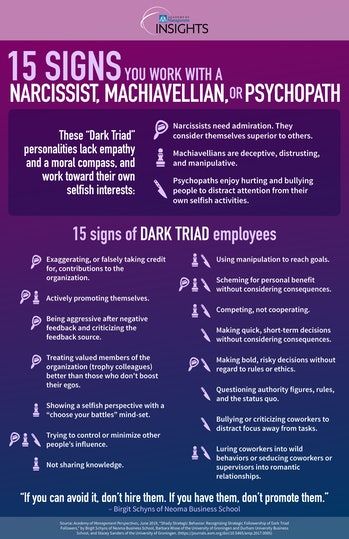 Because of this, the number of narcissistic subtypes is difficult to count accurately. Although the subtypes cannot be clinically diagnosed, professionals still usually see patterns in the behavior of clients, so they deduce eight subtypes of narcissism.
Because of this, the number of narcissistic subtypes is difficult to count accurately. Although the subtypes cannot be clinically diagnosed, professionals still usually see patterns in the behavior of clients, so they deduce eight subtypes of narcissism.
- Salvador Dali Metamorphoses of Narcissus, 1937
Healthy narcissism. It is more positive than negative. The American Psychiatric Association has concluded that for a patient to be clinically diagnosed with narcissistic personality disorder, they must have at least 55% of the most common features of narcissism. At the same time, many of these features do not fit the classification of mental disorders. That is, if you have less than 55% of the signs of NPD, you are healthy. Psychiatrists believe that narcissistic qualities are inherent in any person to a certain extent.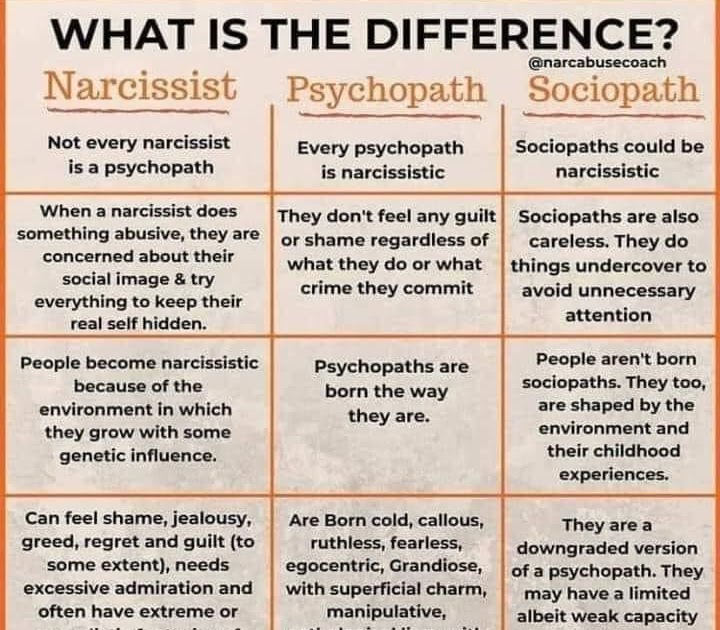 Recognition of your achievements, the desire to share them and receive praise are quite normal things, especially if they improve well-being. nine0005
Recognition of your achievements, the desire to share them and receive praise are quite normal things, especially if they improve well-being. nine0005
Grandiose narcissism. Such patients are characterized by an overestimation of their abilities, an inflated sense of their own dignity and, in fact, an unrealistic feeling of their own superiority over other people. At the same time, grandiose daffodils can be charming, but they often lack compassion. They demand attention, they like to see others offended and confused.
Hidden/vulnerable narcissism. Unlike grandiose narcissists, these people tend to be shy and modest. Representatives of this subtype are inhibited, depressed, hypersensitive to evaluations and suffer from chronic envy. They vitally need the recognition of people and protection from criticism. Often covert narcissists feel the most miserable in the world. nine0005
Malignant narcissism. Actually they are called malignant, not to be called evil, because it sounds a bit rude.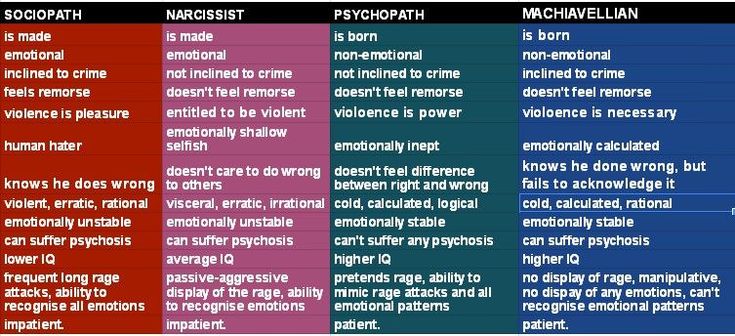 But it is true: they are manipulators with evil intentions, showing signs of sadism and aggression. This is the most dangerous and harmful to others subtype. Throughout their lives, people suffering from this disorder improve their manipulation skills, and therefore, during the first meeting, they may seem very nice and kind.
But it is true: they are manipulators with evil intentions, showing signs of sadism and aggression. This is the most dangerous and harmful to others subtype. Throughout their lives, people suffering from this disorder improve their manipulation skills, and therefore, during the first meeting, they may seem very nice and kind.
Sexual narcissism. nine0056 These patients are overly fond of their own sexual prowess. They may be obsessed with their sexual activity and need for sexual delight from others. Sexual narcissists are serial scammers who use sex to manipulate people and can be aggressive in bed.
Somatic narcissism. Somatic narcissists base their self-esteem on the body. They feel more beautiful, strong or healthy than others. Somatic narcissists are often obsessed with their weight and appearance, as well as criticizing the appearance of others. nine0005
- Illustration for "Spring of Narcissus" from "The Romance of the Rose", 1380s
Cerebral/intellectual narcissism.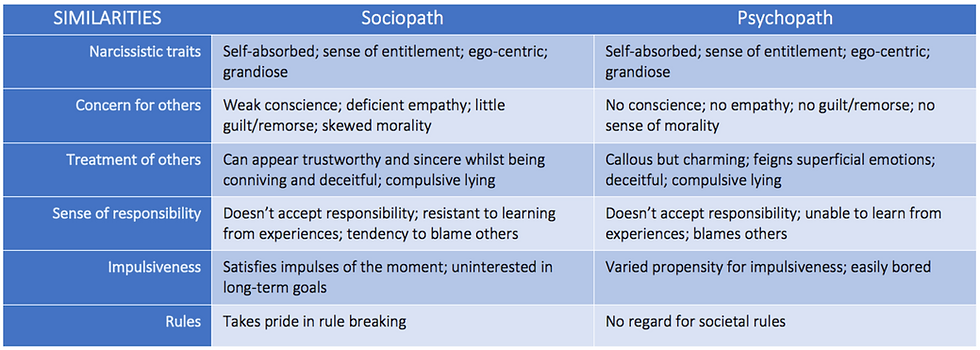 Such people derive their sense of self-worth from their minds. It is about the belief that they are smarter than everyone else. To feed their ego, they will try to make others feel stupid.
Such people derive their sense of self-worth from their minds. It is about the belief that they are smarter than everyone else. To feed their ego, they will try to make others feel stupid.
Spiritual narcissism. Such people often use their spirituality to justify harmful behavior and use spiritual jargon to present themselves in a better light and be superior. Often they use vulnerable people to make them believe in their own worthlessness and in the high spirituality of the narcissist himself. nine0005
I have NRL. What threatens me?
Narcissists find it difficult to build healthy social bonds. Since the narcissist is overconfident and believes that he is better than others, this can lead to risky behavior. At the same time, such people usually show low levels of empathy, sympathy, shame, and guilt. That is why narcissism does more harm to those who surround the narcissist.
How do I know if I'm talking to a narcissist?
There are the most common and recognizable signs.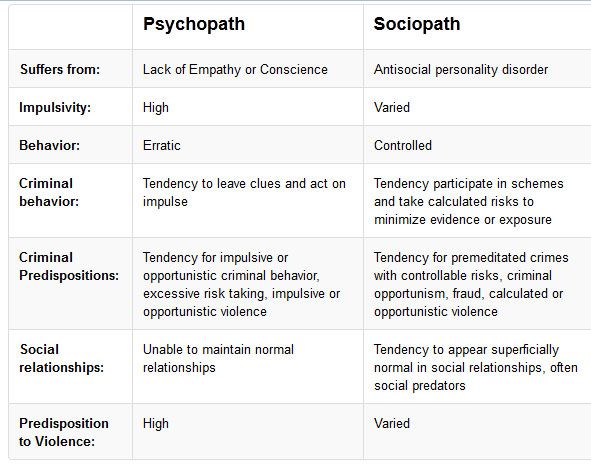 Remember that only a specialist can make an accurate diagnosis. However, you will need these characteristics to identify such a person in your environment and build a relationship with him that will not harm you. nine0005
Remember that only a specialist can make an accurate diagnosis. However, you will need these characteristics to identify such a person in your environment and build a relationship with him that will not harm you. nine0005
The main signs of daffodils
- Sensation of its own superiority over the other
- Manipulative behavior
- The need for admiration
- Sympathy Lack of sympathy
- Concisse to the surrounding
- Militia Other Military Military sensitivity to criticism
How to deal with narcissists?
The first thing to advise is to break off relations with narcissists, since they are not non-toxic. But there are many situations in which this advice will not work. There are several leading techniques that will help you protect yourself from the influence of such people and build safe communication with them. nine0005
Look at the root - Narcissists often try to create an ideal image of themselves. But if you always keep in mind who they really are and remember that they can manipulate or deceive, you will probably not be affected by their "charm".
But if you always keep in mind who they really are and remember that they can manipulate or deceive, you will probably not be affected by their "charm".
Talk about yourself and your feelings. This rule works if we are talking about a person from your close circle - a partner or someone from relatives. Narcissists often like to bring the interlocutor to emotions - do not let them do this, do not encourage their behavior. Instead, try to calmly and kindly say what you don't like. Do not blame - use "I-messages": not "you talk a lot about yourself", but "I would like it if you were more interested / interested in my affairs." nine0005
But if you notice signs of narcissism in your manager or work colleague, the best way to communicate is not to show emotions and not get into conflicts and arguments, because most likely the person is just waiting for it. If you give him this, then you will stimulate such behavior in the future.
- Caravaggio. Narcissus, 1594-1596
Stand up for clear boundaries. People with narcissistic personality disorder have a poor sense of personal space and boundaries: they may rummage through your belongings, enter your personal space without permission, or do something that will disturb you. In this case, psychologists advise setting ultimatums. For example: "If you don't get your car out of my parking space, I will have to call a tow truck." But at the same time, it is important to keep your promise in order to prove the seriousness of your intentions. nine0005
Do not fall for provocations. If the game doesn't go their way, narcissists often manipulate to make you feel awkward. For example, they may try to make you feel guilty or ashamed.